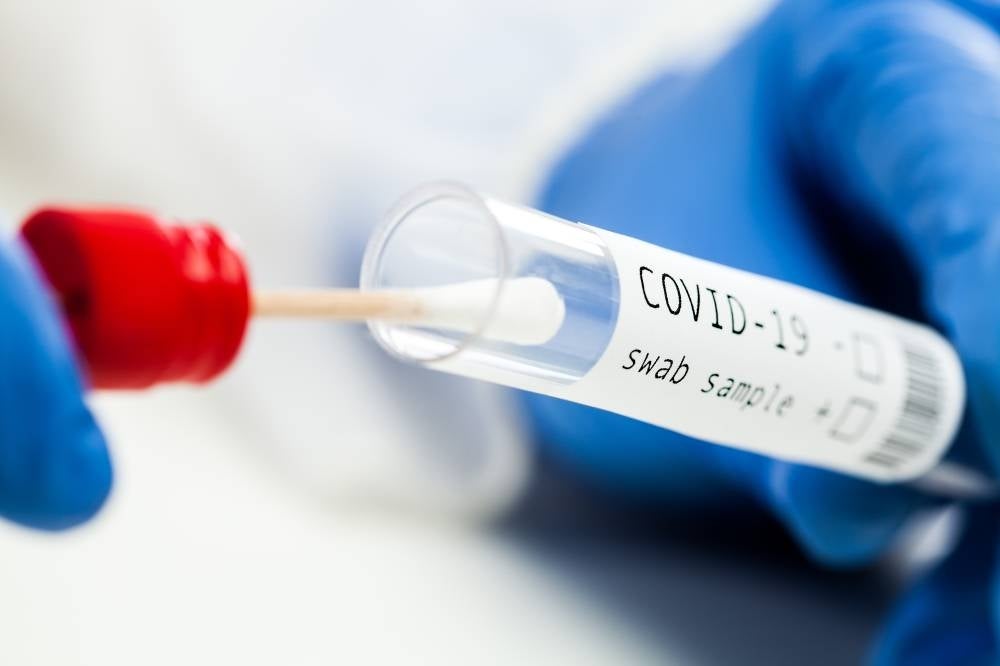New Covid variant with ‘high number of mutations’ found in Britain

LONDON - A new coronavirus variant with a "high number of mutations” has been detected in Britain, reported PA Media/dpa.
The BA.2.86 mutation was identified in the UK on Friday in someone with no recent travel history, the British Health Security Agency said.
This means there could already be "significant community transmission” among Britons, the agency added.
The strain was first detected in Denmark on July 24 and was also found in that country on July 31, the same day it was discovered in Israel.
A case in the US was detected earlier this month.
The variant is said to be gnomically distant from its likely ancestor the BA.2 variant, nicknamed "stealth Omicron”.
That variant gained its nickname from the fact it is more transmissible than the original Omicron strain, which originated in southern Africa and was first detected in the UK in late 2021.
The UKHSA said there is "insufficient data” to assess the new strain’s relative severity or how likely it is to evade the protection offered by vaccines compared to other currently-circulating variants.
The agency said it would continue to monitor the spread of the variant closely while checks to determine the risks it may pose continue.
Francois Balloux, Professor of computational systems biology and director of the UCL Genetics Institute at University College London, said the new strain is "the most striking SARS-CoV-2 strain the world has witnessed since the emergence of Omicron” with more than 30 mutations.
However it is unlikely to cause a fresh wave of severe disease and deaths, or prompt fresh restrictions on people’s daily lives, because most people have some immunity to the illness.
He said: "Even in the worst-case scenario where BA.2.86 caused a major new wave of cases, we are not expecting to witness comparable levels of severe disease and death than we did earlier in the pandemic when the Alpha, Delta or Omicron variants spread.
"Most people on Earth have now been vaccinated and/or infected by the virus.
"Even if people get reinfected by BA.2.86, immune memory will still allow their immune system to kick in and control the infection far more effectively.
"It remains that a large wave of infection by BA.2.86, or any future comparable variant, would be an unwelcome event.”
The strain is likely to have emerged in an immunocompromised person who later spread it, the professor added.
UKHSA deputy director Dr Meera Chand said: "V-23AUG-01 was designated as a variant on August 18 2023 on the basis of international transmission and significant mutation of the viral genome.
"This designation allows us to monitor it through our routine surveillance processes.
"We are aware of one confirmed case in the UK. UKHSA is currently undertaking detailed assessment and will provide further information in due course.” - BERNAMA-PA MEDIA/DPA













